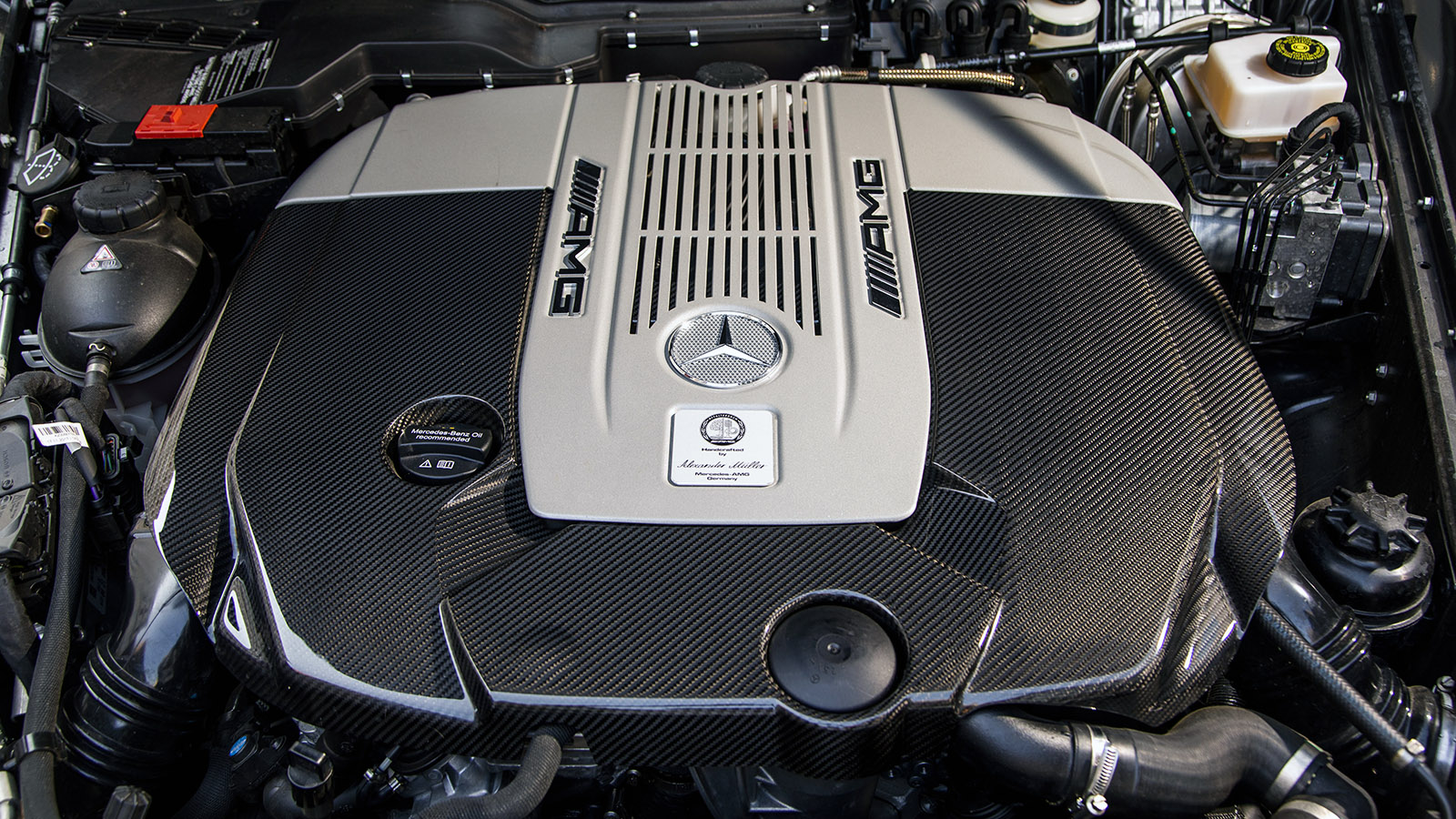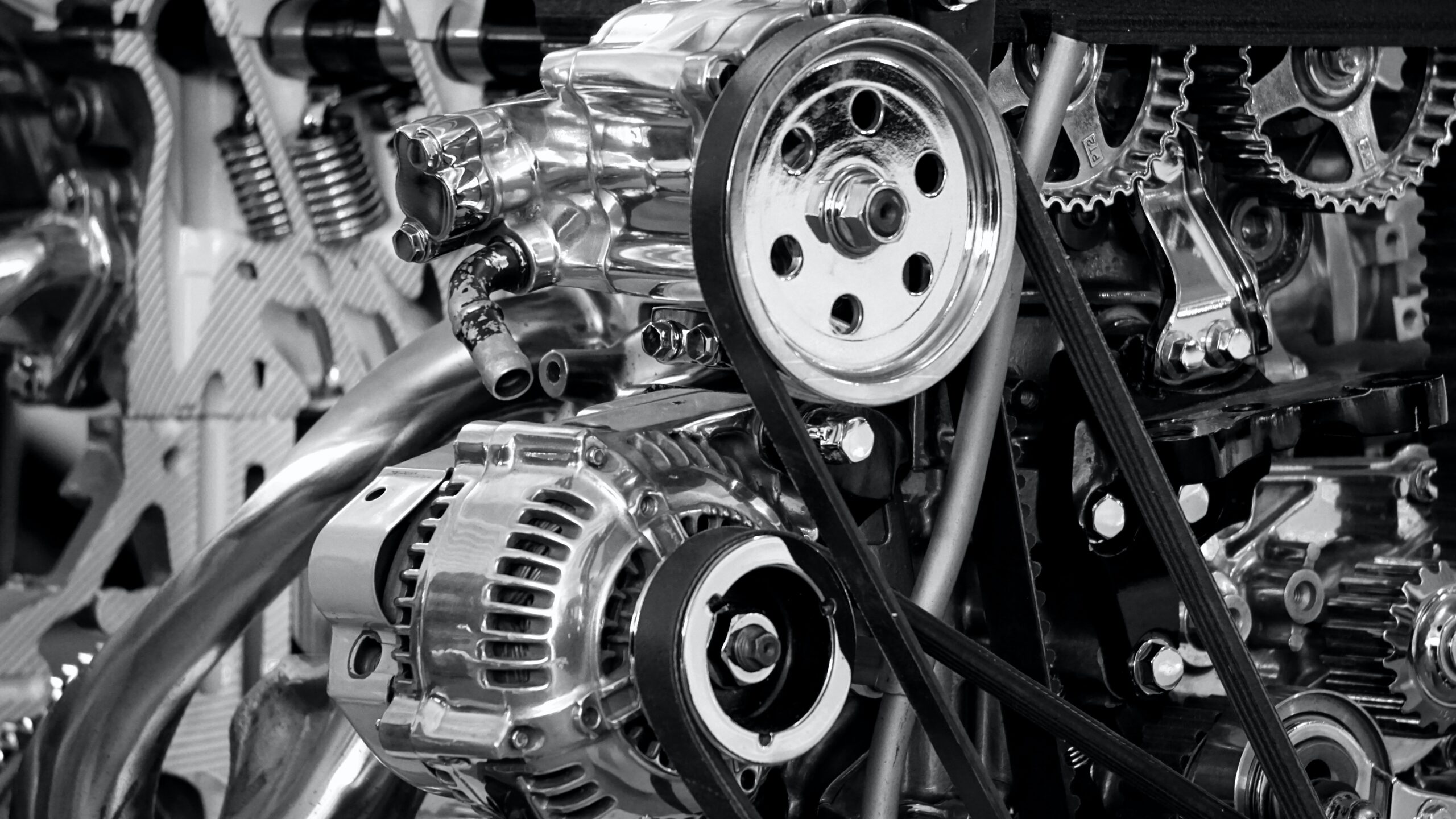Maximize Your Investment with Engines For Africa's Range
Maximize Your Investment with Engines For Africa's Range
Blog Article
Check Out a Large Range of Engines for each Lorry and Objective
The automobile landscape is increasingly complex, with a diverse variety of engine kinds created to meet specific efficiency and effectiveness demands throughout different car classifications. From the high-performance engines that power sporting activities cars and trucks to the fuel-efficient alternatives customized for everyday commuting, the selections are large and differed. Furthermore, durable engines offer the needs of work vehicles, while green choices are acquiring traction in the quest of lasting transportation. Recognizing these distinctions is crucial for making notified choices, particularly as arising modern technologies remain to form the future of automotive design. What implications might these improvements hold for consumers and producers alike?
Kinds of Automotive Engines
Automotive engines can be classified right into numerous distinct types, each designed to satisfy particular performance and efficiency demands. One of the most common classifications consist of inner burning engines, electric engines, and hybrid systems.

Electric engines, on the other hand, operate on electric power saved in batteries, giving instantaneous torque and no exhausts. These engines are ending up being increasingly preferred as a result of developments in battery innovation and the expanding emphasis on sustainability.
Hybrid systems integrate both inner combustion and electrical engines, making it possible for vehicles to enhance gas efficiency and lower exhausts by perfectly switching between source of power. Each engine kind presents its benefits and negative aspects, affecting aspects such as automobile layout, intended use, and market demand. When picking the appropriate engine for their specific requirements., recognizing these differences is essential for manufacturers and customers alike.
Efficiency Engines for Sports Cars
Performance engines for cars are particularly engineered to deliver improved dexterity, rate, and power, establishing them apart from basic automotive engines. These engines frequently use advanced modern technologies such as turbocharging, turbo charging, and variable shutoff timing to make the most of performance and responsiveness.
Normally, performance engines are developed with greater compression ratios, which allow for greater power removal from fuel. This results in impressive horse power and torque figures, making it possible for quick acceleration and greater full throttle. In addition, the light-weight products made use of in these engines, such as aluminum and carbon fiber, contribute to lowered general car weight, improving handling and maneuverability.
Engine configurations like V6, V8, and also hybrid systems are usual in performance sports cars, each offering distinct benefits in terms of power distribution and driving dynamics. The adjusting of these engines is also essential; numerous makers maximize the engine monitoring systems to offer an exhilarating driving experience, frequently consisting of sporting activity settings that change throttle response and equipment changes.
Effective Engines for Daily Commuters
In the world of daily travelling, effective engines play a crucial function in enhancing gas economic climate and reducing discharges while offering dependable performance. As city populations expand and environmental issues escalate, the demand for cars equipped with efficient powertrains has actually surged.
Modern engines developed for daily commuters typically incorporate innovations such as turbocharging, direct fuel shot, and crossbreed systems. Turbocharging improves engine effectiveness forcibly even more air right into the burning chamber, permitting smaller sized, lighter engines that do not jeopardize power result. Straight fuel injection enhances gas atomization, causing better combustion and increased performance.
Crossbreed engines, incorporating internal combustion with electric power, more increase fuel economy, specifically in stop-and-go traffic, where typical engines can struggle with inadequacies. Electric electric motors help during acceleration and can run page individually at reduced rates, reducing total gas consumption.
Furthermore, innovations in engine monitoring systems and light-weight materials contribute considerably to reliable engine style. By concentrating on performance, durability, and environmental sustainability, manufacturers remain to provide engines that not only fulfill the needs of day-to-day commuting but also straighten with international initiatives to lower carbon impacts.
Heavy-Duty Engines for Job Automobiles
Durable engines for work vehicles are regularly engineered to supply exceptional torque and dependability under requiring problems. These engines are made to do in environments where standard engines might falter, such as building websites, logging procedures, and farming setups. The main emphasis of durable engines is their ability to produce high degrees of power while maintaining special info resilience over prolonged durations of procedure.
Typically, heavy-duty engines utilize sophisticated materials and robust building and construction methods to hold up against the roughness of heavy work. Attributes such as enhanced cylinder blocks, improved cooling systems, and progressed fuel shot innovations contribute to their effectiveness. These engines often operate at lower RPMs, which helps to optimize fuel effectiveness while giving the necessary power for hauling and hauling.
In addition to mechanical effectiveness, durable engines are often outfitted with sophisticated electronic control units (ECUs) that manage efficiency, emissions, and diagnostics. This assimilation enables for far better monitoring and upkeep, making sure that work automobiles stay effective and operational.
Eventually, sturdy engines are an important component in the performance of numerous markets, providing the needed power and reliability to take on the toughest of jobs.
Eco-Friendly Engine Options
The expanding focus on sustainability has actually caused the development of environment-friendly engine choices that prioritize reduced discharges and enhanced gas efficiency. These engines are designed to lessen the environmental influence of cars while still delivering the performance and reliability expected by customers.
Amongst the most noteworthy environmentally friendly alternatives are hybrid and electric engines. Hybrid engines integrate typical internal combustion engines with electric propulsion, permitting decreased gas consumption and lower greenhouse gas exhausts. Electric engines, on the various other hand, operate entirely on battery power, creating absolutely no tailpipe discharges and adding to cleaner air top quality.
An additional encouraging development is the advancement of biofuel engines, which make use of eco-friendly sources, such as plant products, to power vehicles (Engines For Africa). By using biofuels, these engines can lower dependence on nonrenewable fuel sources and reduced general carbon footprints

As the auto industry develops, eco-friendly engine alternatives will certainly play an essential function in driving the transition in the direction of more lasting transport options.
Conclusion
The auto sector supplies a varied range of engines created to fulfill numerous vehicle needs and functions. From high-performance engines that improve sports automobile capacities to reliable models prioritizing gas economic situation for daily commuters, each type serves a specific feature. Heavy-duty engines satisfy robust work automobiles, while eco-friendly alternatives, such as electric and biofuel engines, advertise sustainable transportation. This comprehensive variety ensures that all driving demands are addressed, adding to innovations in automotive innovation and environmental stewardship.

Report this page